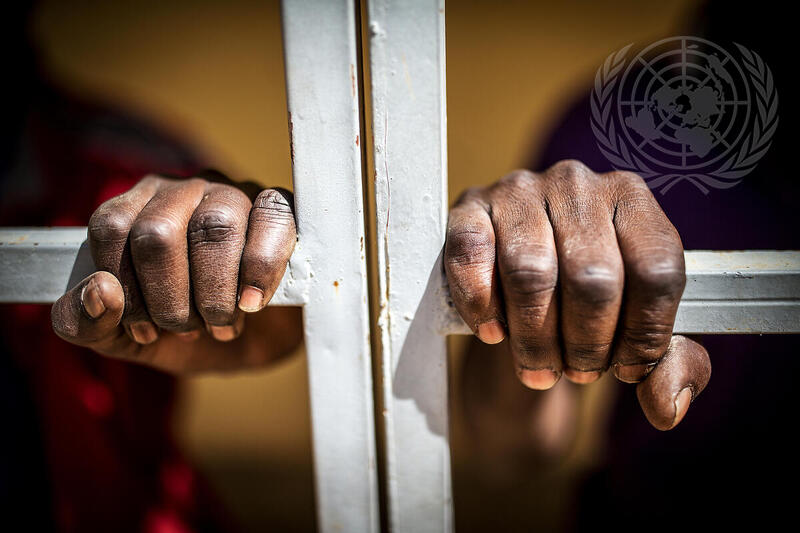The Council of Europe Anti-Torture Committee publishes a report on its visit to four closed migrants’ pre-repatriation centres in Italy

The European Committee for the Prevention of Torture and Inhuman or Degrading Treatment or Punishment (CPT) published on 13 December 2024 the report on its visit to Italy in April 2024, together with the response of the Italian authorities. The visit focused on the treatment and conditions of detention of foreign nationals held in four, closed pre-removal centres (Centri di permanenza per il rimpatrio or CPRs) in Milan, Gradisca, Potenza and Rome.
The CPT report highlights numerous critical issues regarding the management by the Italian authorities of CPRs, and in particular:
- unhealthy material conditions
- the absence of recreational activities
- a "prison" approach, characterized by disproportionate security measures
- a standard of health services that varies greatly between the various CPRs
- the lack of transparency in the management of CPRs by private companies
The CPT has also been able to observe cases of ill-treatment and excessive use of force by police personnel against foreign nationals detained in the CPRs visited. The report criticizes the absence of rigorous and independent monitoring of such interventions by the police, the lack of an accurate medical assessment of the injuries suffered by the guests of the CPRs and an objective assessment of their causes.
The Committee is worried by the widespread practice of administering non-prescribed psychotropic drugs to foreign citizens, as documented in the CPR of Potenza. In addition, the CPT said that the practice of transporting handcuffed foreign nationals in a police vehicle without offering them food and water during journeys of several hours should be reviewed.
As regards the legal guarantees offered to persons detained in a CPR, the CPT recommends improving access to a lawyer. In addition, foreign nationals confined in the detention areas of state police headquarters (Questure), ports, airports and border crossings should be provided with the necessary guarantees, such as information on their rights, access to a lawyer and the possibility of being able to inform about their detention third parties.
Finally, the CPT Delegation reports that it was informed during its visit of the Italian Government's project for the construction of reception and detention Centres for migrants in Albania, at the Shëngjin and Gjadër sites. In light of the findings on the highly deficient management of the four CPRs visited and the lack of transparency in their running by private companies, the CPT considers that there are serious doubts regarding the application of such a model by Italy in an extraterritorial context, such as Albania.
The Italian authorities in their response to the CPT's observations, published together with the report, provide detailed information on the procedures relating to the transport and detention of migrants in centres located on Albanian territory. It is also indicated that the cases of physical ill-treatment described in the report have not been the subject of criminal proceedings and that several inspections have been conducted by the health authorities in the CPR of Potenza regarding the practice of excessive administration of drugs to detained persons. Detailed information was then provided on the design and structure of the CPRs. According to the Italian authorities, certain prison and security elements of the CPRs are justified in light of the high rate of vandalism by detainees. The response also contains information on inspections conducted by the Ministry of Interior in various CPRs to verify standards relating to material conditions and staffing levels. Finally, in the response, reference is made to the publication of a new specification for the management of CPRs.

